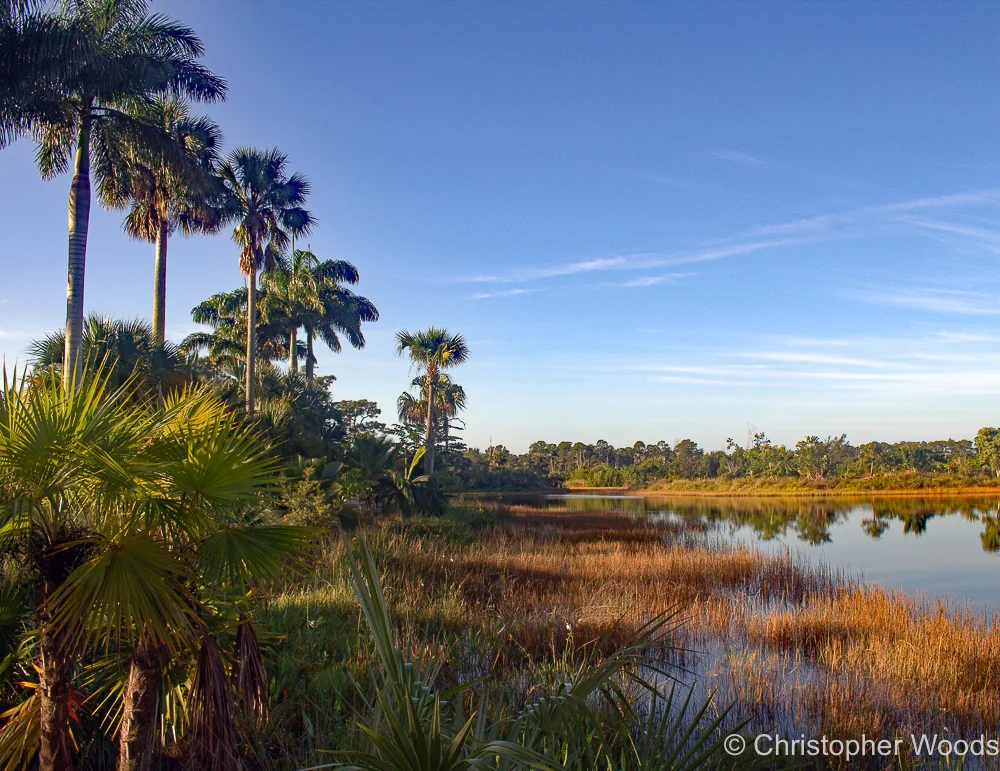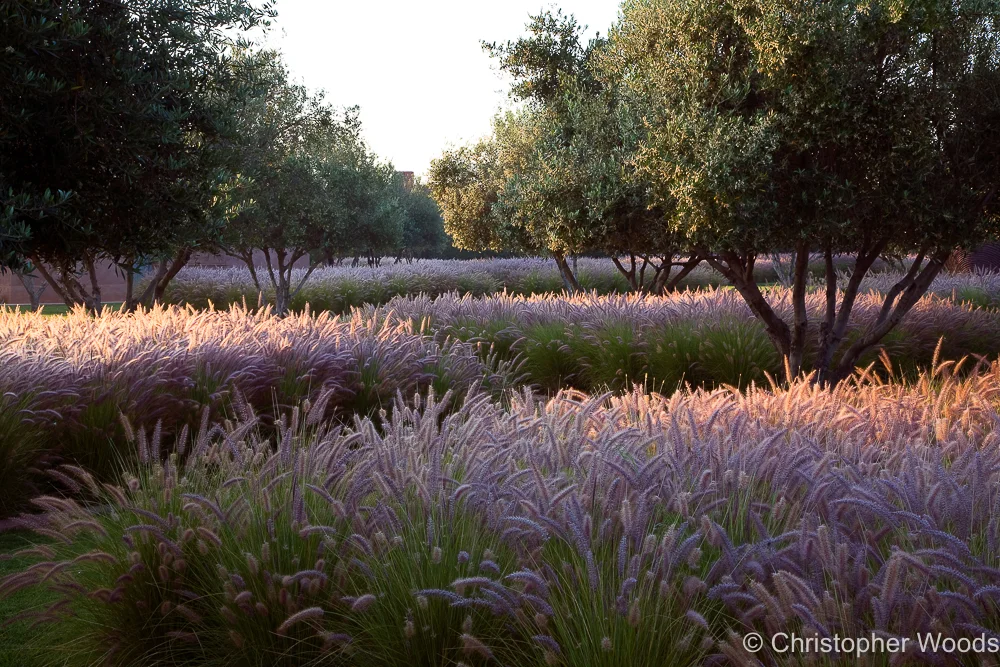Gardenlust by Christopher Woods - a Review

“Lust?” As in passion? sex? craving? sensuality? longing? fervor? desire?Yes.The subject of Christopher Woods' new book Gardenlust is the unquenchable impulse of humankind to create gardens, an impulse expressed in diverse and multitudinous ways. It is “the force that through the green fuse drives the flower,” but to my mind it is more about the force than about the flower. In a very real sense, the book is about what happens before the garden is, before the garden becomes. And about what keeps the gardenmaker making gardens. It’s about human nature. Gardenlust is a big book—big both physically and conceptually. Woods spent several years traveling the world visiting an astonishing variety of gardens. Don’t ask what kind of gardens. Its aim is broader than any single garden school or design movement. It’s a breath of fresh air, and it’s completely open-ended—not about design principals, new planting theory, the history of garden ideas. I can’t even begin to guess why Woods chose the gardens in Gardenlust. But the lust particular to gardenmakers abounds: Peter Korn in Sweden, a current hot ticket gardener and designer and experimenter known widely among the cognoscenti of the gardening world but virtually unknown to the vast gardening unwashed, Luciano Giubbilei, a “star” designer and Chelsea winner whose garden in Marrakech he designed for a very wealthy South African family who lives part time in London ......, a new “feel good” botanic garden in Oman dedicated to preserving the biodiversity of this part of the Arabian Peninsula, the new Pha Tad Ke Botanical Garden in Laos, which can be reached only by boat, Gibbs Farm, a sculpture garden of a fabulously successful businessman in New Zealand dotted with art works by some of the most well known artists in the world, even my own small prairie simulacrum on wet clay in western New Jersey where an imaginary prairie grows dreams of a prairie that never was.Don’t look for thematic connections among the many gardens in the book, or really any common thread.As Woods writes, “I continue to fall in love with this extraordinary world and its botanical marvels … I am a romantic fool … I want everyone to fall in love with our world too, and with gardening’s potential for adding beauty to the world … After a life spent in public horticulture, I began traveling the world in search of gardens … I moved from conformity to chaos, only to find out it wasn’t chaos at all.”Woods’ book takes a mostly nonjudgmental look at the creative ferment that drives the creation of new gardens. To document what is happening now, he limited his search to gardens created in the past twenty years. It doesn’t matter whether the garden is the personal work of one individual, a corporate landscape, or a large botanical garden made by institutions, committees, and talented experts, or a public landscape.To keep this wide ranging book within a corral of understanding, Woods has organized it by culture and continent; he covers all of them except for Antarctica. You may, perhaps, think some of the “gardens” are not gardens at all, but Woods makes no attempt to define “garden” or to limit what a garden can be so keeps himself in pretty safe territory. This kind of openness is something new, at least in my experience and you too may find it, as I did, liberating.I read the book from front to back to make sure I didn’t miss a garden, but I think the best approach for most readers is to keep Gardenlust in a convenient place—you’ll like to have it out and visible because it has one of the most beautiful and arresting dust jackets I’ve seen in years—and pick it up to read about one or two gardens at a time. Dip into the book at random, or pick a continent and read about a garden in Singapore, or Oman, or Florida or Europe. Chances are you will encounter few gardens you already know.If the book has a message, I think it is this. See as many gardens as you can see. And remember, always, to keep an open mind.I agree. We need to think anew about gardens in this disrupted world of mass extinctions, and possibly worse to come. The impulse to garden may be one of the keys to our own survival.(All photos courtesy of Timber Press.)





